Retro Replay Review
Gameplay
Dune 2000 retains the core real-time strategy mechanics of its predecessor while updating controls and UI for modern Windows systems. Players begin by choosing one of three distinct Houses—Atreides, Ordos, or Harkonnen—each offering unique units, tactics, and strategic opportunities. Resource management revolves around harvesting spice from the sands of Arrakis, which fuels base expansion, unit production, and special abilities.
(HEY YOU!! We hope you enjoy! We try not to run ads. So basically, this is a very expensive hobby running this site. Please consider joining us for updates, forums, and more. Network w/ us to make some cash or friends while retro gaming, and you can win some free retro games for posting. Okay, carry on 👍)
The House Atreides emphasizes air superiority and alliances with the native Fremen, granting access to powerful ornithopters and support forces that can strike deep behind enemy lines. In contrast, the Ordos favor speed, guerrilla warfare, and advanced technology, allowing players to deploy stealth units and mercenary squads at a premium. The Harkonnen approach is pure brute force: heavy tanks, devastating artillery, and a willingness to sacrifice troop lives for overwhelming firepower.
Mission design is varied, ranging from traditional “wipe-out-the-opponent” objectives to timed spice-collection challenges and escort tasks. The improved pathfinding and streamlined command interface help reduce micromanagement frustration, though seasoned RTS veterans may still find themselves fine-tuning unit groups and defensive perimeters before each engagement. Multiplayer skirmishes, though lacking modern matchmaking features, provide an additional layer of replay value for competitive players.
Graphics
Visually, Dune 2000 sits comfortably alongside its Command & Conquer cousins, thanks to a 16-bit colour mode that brings vibrant dune vistas, richly detailed structures, and fluid unit animations to life. For those seeking a more nostalgic aesthetic, an 8-bit colour option can be toggled in the settings, faithfully replicating the palette of early ’90s PC gaming.
One of the game’s most talked-about upgrades is the live-action cutscenes that follow each mission. Instead of static slides, players are treated to fully filmed sequences featuring charismatic officers, scheming villains, and the ever-present threat of sandworms. These interludes inject personality into the campaign, making each victory or defeat feel narratively meaningful.
On the battlefield itself, the desert environment feels alive. Sandworms periodically emerge from beneath the dunes, threatening reckless harvesters and forcing players to adapt their spice-collection strategies. The visual feedback for explosions, laser blasts, and vehicle destruction remains satisfying, even if modern RTS titles have since raised the bar for particle effects and terrain deformation.
Story
Dune 2000 weaves a tapestry of political intrigue and desert warfare that will be familiar to fans of Frank Herbert’s universe. Each House’s campaign is structured around a series of escalating challenges, starting with territorial skirmishes and culminating in all-out assaults on rival strongholds. Along the way, players witness betrayals, shifting alliances, and the ever-looming presence of the spice that controls Arrakis.
The narrative stakes feel personal: Atreides commanders grapple with moral dilemmas and the expectations of House leadership, while Ordos operatives navigate a murky world of backdoor deals and disposable assets. Harkonnen missions are unapologetically ruthless, emphasizing fear tactics and scorched-earth policies. This variety ensures that no two campaigns ever feel identical.
Live-action sequences enhance storytelling, delivering memorable performances even if the acting can sometimes veer into camp. Dialogue is peppered with dry humor, ominous warnings about the sandworms, and political posturing that underscores the fragile alliances on Arrakis. While the overall plot follows a somewhat linear trajectory, mission briefings and in-game events keep players invested in the fates of their chosen House.
Overall Experience
Dune 2000 stands as both a loving tribute to a genre-defining classic and a solid standalone RTS. Its blend of resource management, unit diversity, and high-stakes desert warfare offers hours of strategic gameplay. Newcomers may appreciate the game’s approachable controls and clear mission goals, while veterans will find depth in house-specific tactics and multiplayer skirmishes.
Technical performance is generally reliable, with minimal load times on modern hardware. The user interface is intuitive, showing health bars, resource counts, and minimap alerts that help players stay on top of fast-paced encounters. Fans of the original will delight in recognizing familiar structures and hearing the iconic soundtrack updated for stereo sound.
Though it lacks some modern conveniences—such as integrated online matchmaking or mod support—Dune 2000’s enduring charm lies in its balanced gameplay and atmospheric presentation. Whether you’re rediscovering Arrakis for the first time or returning to harvest spice on the sands of memory, this remake delivers a compelling RTS experience that still holds up decades after its release.
 Retro Replay Retro Replay gaming reviews, news, emulation, geek stuff and more!
Retro Replay Retro Replay gaming reviews, news, emulation, geek stuff and more!
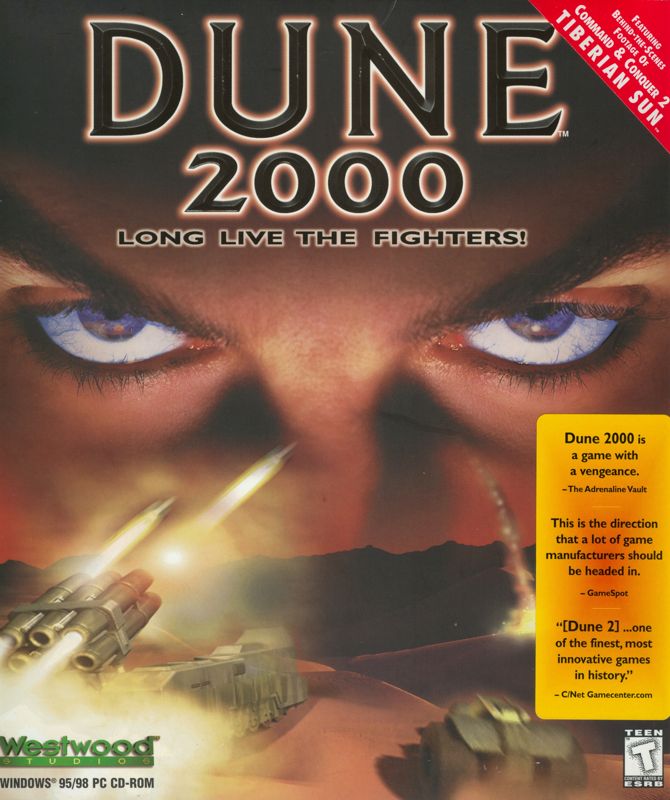
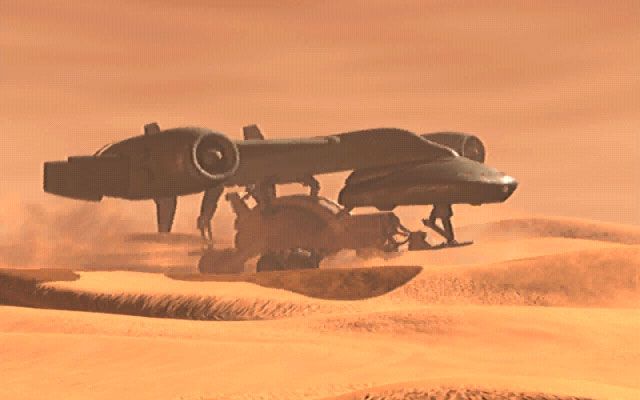
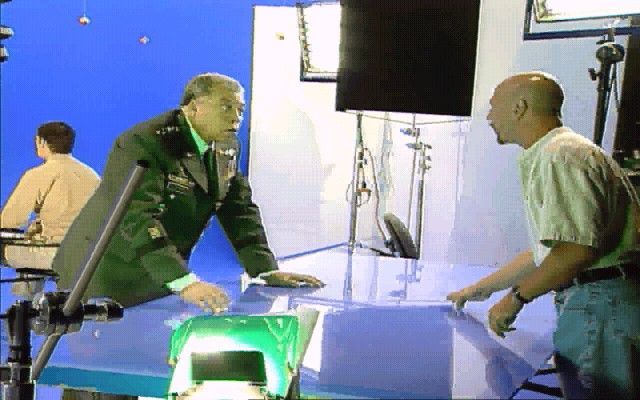
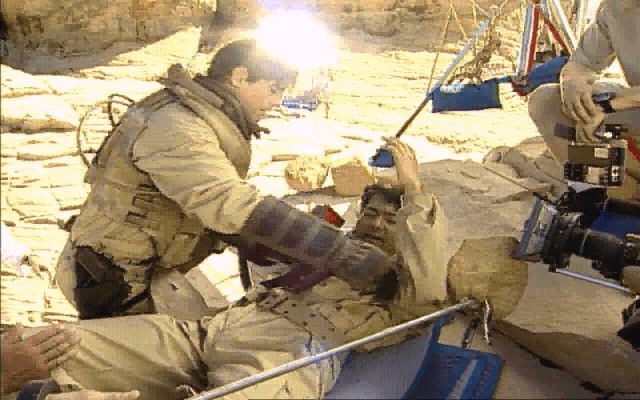
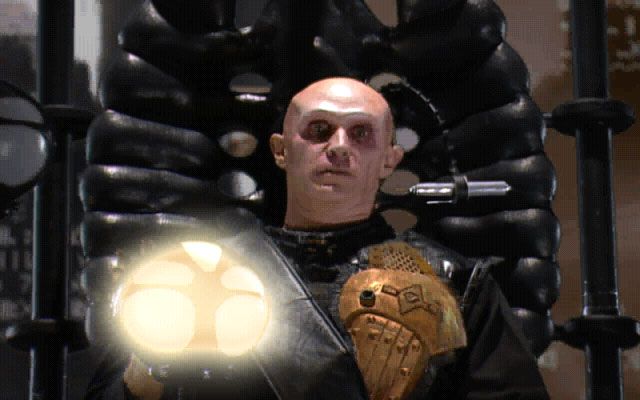
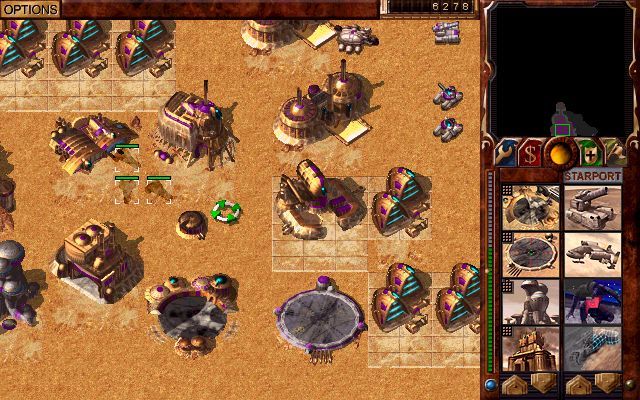

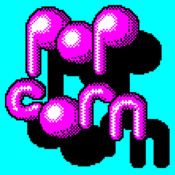

Reviews
There are no reviews yet.